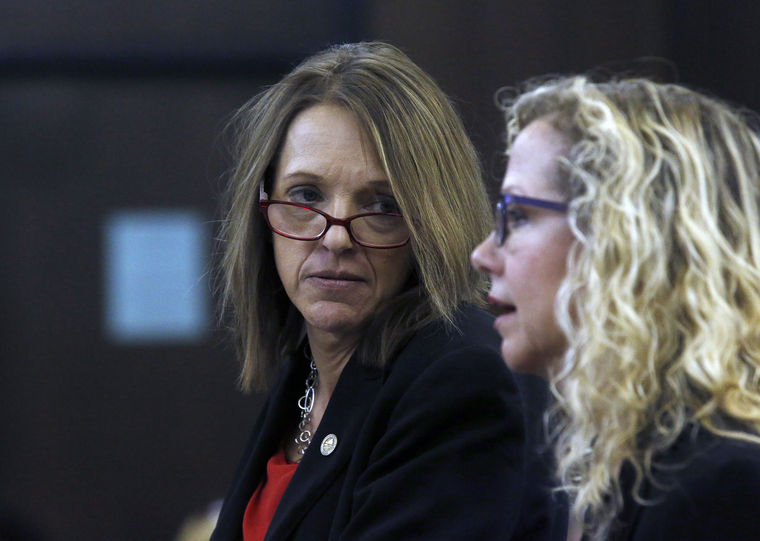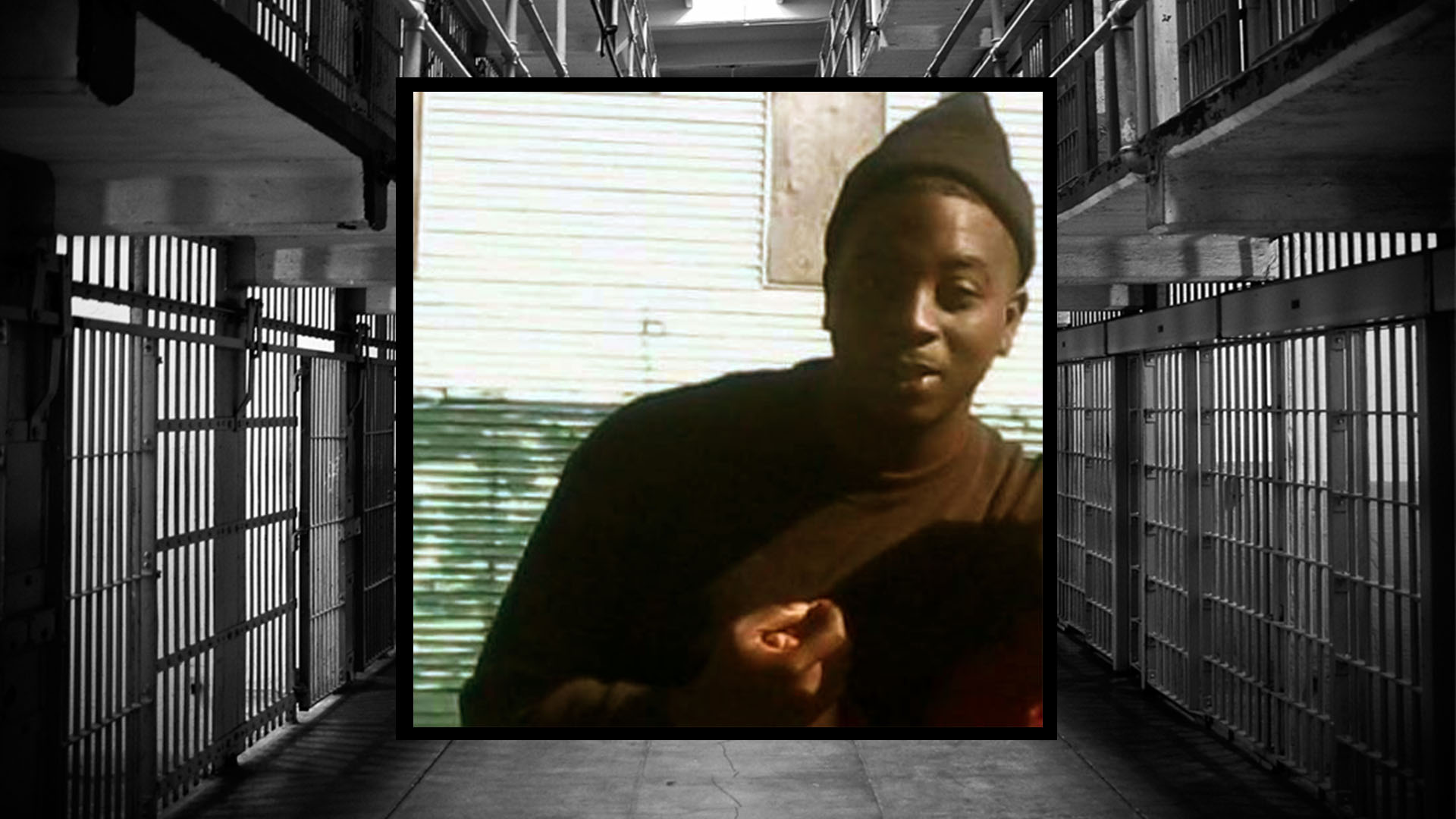
Photo by Bob Brown, Richmond Times Dispatch. Neither June Jennings nor Priscilla Smith mentioned personal ties to hospital under investigation in inmate’s death when briefing legislators.
(8-9-16) Hours after the Virginia Governor’s office announced yesterday that it had cleared state Inspector general June W. Jennings in a whistle-blower complaint, new questions surfaced about her office’s investigation into the death of Jamycheal Mitchell, a 24-year-old African American diagnosed with schizophrenia who died in the Hampton Roads Regional Jail last August waiting to be sent to Eastern State Hospital.
Travis Fain, a reporter at The Daily Press in Hampton Roads, reported that Jennings’ husband, William D. Jennings, is a manager at Eastern State Hospital, and Priscilla Smith, who oversaw the State Office of Inspector General probe into Mitchell’s death, had previously worked there as a senior manager.
Mitchell spent 101 days in the Hampton Roads Regional Jail waiting to be transferred to the hospital in Williamsburg. After his death, it was revealed that paperwork sent to hospital requesting that Mitchell be transferred there had been tossed into a drawer by a hospital employee and forgotten until after his body was discovered.
Although neither Jennings’ husband nor OSIG Supervisor Smith were directly involved in the hospital’s mishandling of Mitchell’s transfer request, Priscilla Smith’s supervision of the Mitchell investigation placed her in a position where she was investigating her past employer (Eastern State Hospital ) where the husband of her boss (June Jennings) is currently employed.
Reporter Fain wrote:
Requests for (interviews with) Priscilla Smith and June Jennings, made through the inspector general’s press office, were not granted, but spokeswoman Julie Grimes emailed a statement, saying William Jennings has been a career state employee and that his employment at Eastern State “does not represent any conflict of interest.”
G. Douglas Bevelacqua, a former inspector general for behavioral health, who has been critical of the office’s handling of the Mitchell case, disagreed in an email to me.
The fact June Jennings’s husband was the Director of Quality Management at Eastern State Hospital during the OSIG’s investigation of Jamycheal Mitchell’s death is a clear conflict of interest. Also, the fact that Pricilla Smith was his predecessor in that position at Eastern State Hospital until a few months before the system failed and Mitchell starved to death in jail because of “clerical errors” is another clear conflict of interest.
Questions about possible conflicts of interest are the latest in a barrage of troubling revelations swirling around Mitchell’s death. Click to continue…






